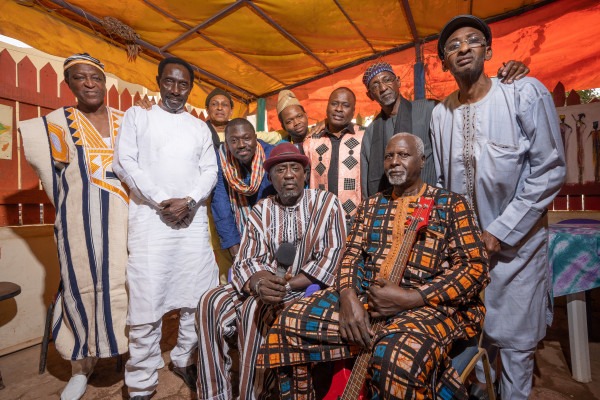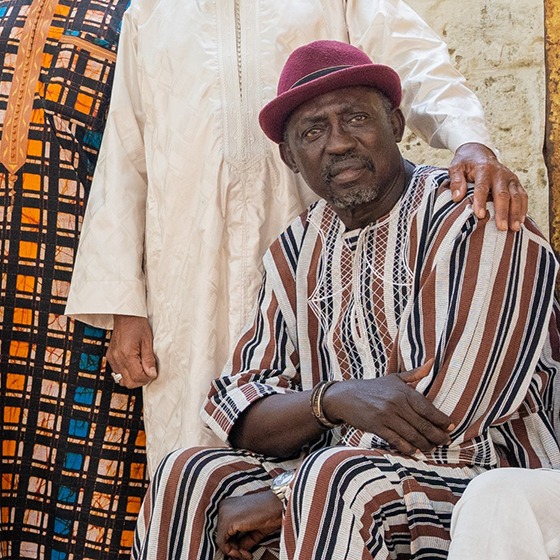Music has always been one of the mediums through which individuals have expressed themselves to the masses to convey a message and be heard or just to entertain, regardless of class or cultural background.
Many renowned African singers have left a long-lasting legacy and had a profound impact on society by influencing and shaping African music with great lyrical content and sound.
Whether or not the new generation of musicians are making an impact is a story for another day.
Today, I decided to throw a spotlight on legendary Senegalese musician Rudy Gomis, who left his mark in the music world.
Gomis was a key player in creating the distinctive style of Orchestra Baobab, a band made up of outstanding musicians from different parts of Senegal as well as from Mali and Togo.
Their accomplishments were greatly influenced by his ability to lead and his attitude toward teamwork.
Gomis was the last surviving of the band’s founders. He formed Orchestra Baobab in 1970 in Dakar together with two other exceptional musicians, the singer Balla Sidibé also from Casamance, and Berthèlemy Atisso, the guitarist from Togo.
They had already been working together in a small band called Standard, incubating a collaborative, cosmopolitan, and varied style.
During the 1970s in Senegal, many of the local bands did mainly cover versions of Cuban hits from the 1950s, singing in pseudo-Spanish.
But with Baobab, the references to Cuban music were subtly reworked within other musical idioms into a new composition, and this delicious mixture was part of their charm.
Of all the bands that animated Dakar nightlife in the 1970s, they were the most professional both live and in the studio, always perfectly in tune with masterful, sophisticated arrangements and deep grooves.
Senegal gained independence in 1960. Playing at the chic Baobab nightclub in central Dakar for the political establishment, the band enjoyed great success throughout the 1970s, releasing iconic albums like On Verra Ça (We’ll See).
Gomis’ background is a crucial factor in the unique style and appeal of Orchestra Baobab. He championed a multi-ethnic sound, a natural response to the environment in which he was raised.
Senegal is divided into two regions by the Gambia River. To the south, the lush Casamance, where Gomis was from, encompasses a multitude of languages, religions, and musical traditions not found elsewhere in the country and under-represented on a national level.
Gomis explained that his Guinea Bissau heritage is evident from his surname. His grandfather, of Manjak ethnicity, was born in Guinea Bissau (then Portuguese Guinea).
The Manjak were largely Christianised and given Portuguese surnames, such as Gomes which became creolised into Gomis.
Their musical traditions are part of a much wider culture shared across the Black Atlantic, and their main language is Kriolu, a mix of local languages with elements of Portuguese.
Rudolphe “Rudy” Clément Gomis passed away on 27 April 2022 aged 75 in his native city, Ziguinchor, the capital of the Casamance region in southern Senegal.
Source: theconversation.com





